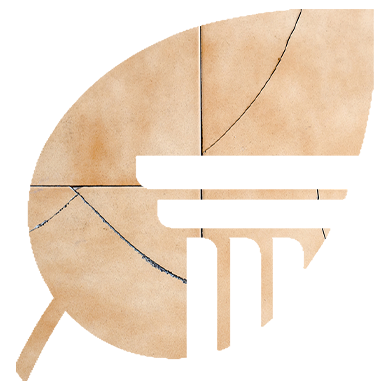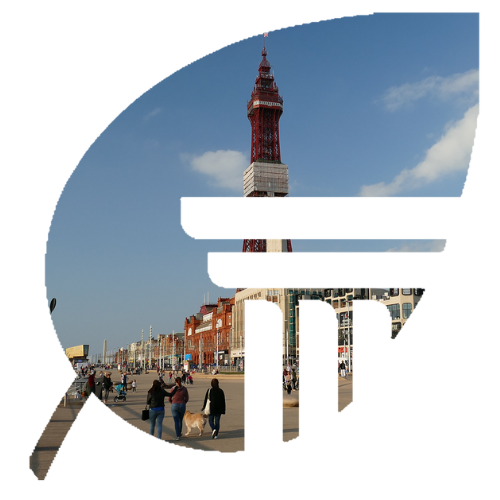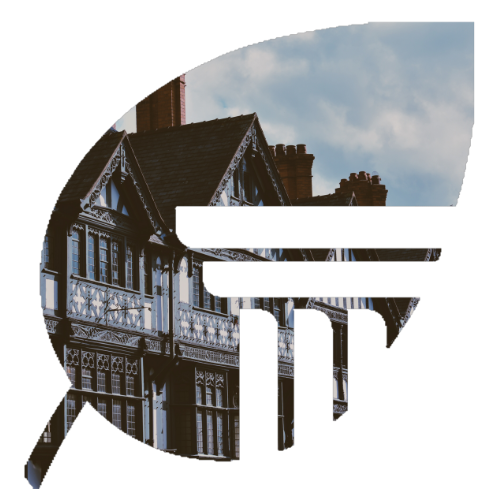What Are Asbestos Floor Tiles?
Asbestos floor tiles are a common type of asbestos reinforced composite (an item that contains high-strength building materials mixed with asbestos). As the name suggests, they were floor tiles with asbestos added to them in order to enhance their durability, fire resistance and strength. They were usually made out of vinyl, asphalt or thermoplastic. But as scientific evidence began to develop in the 1970s and 80s, awareness surrounding the dangers of asbestos grew and the use of the material in the UK was eventually banned in 1999.
30+ YEARS
SURVEYING
ASBESTOS
How Dangerous Are Asbestos Floor Tiles?
Asbestos floor tiles usually contain between 2 and 5% of chrysotile asbestos (also known as white asbestos). This is the most common type of asbestos, generally found in older buildings, particularly in roof tiles, ceiling insulation, wall coverings and flooring.
Although the asbestos content in floor tiles is low, chrysotile fibres are soft and flexible. This means they’re released more readily than the likes of amosite (brown asbestos) and crocidolite (blue asbestos) when disturbed, broken or damaged. The inhalation of these fibres can pose serious health risks, ranging from mesothelioma and asbestosis to pleural thickening and lung cancer.
“Floor tiles and coverings containing asbestos come in many types and can be hard to identify. Some will have been stuck down using asbestos containing mastics and some backed with asbestos paper.”
- The Health and Safety Executive (HSE)How Does Asbestos Floor Tile Testing Work?
At Pillars Environmental, our asbestos consultants offer two types of surveys (both of which include asbestos testing) – Refurbishment & Demolition Surveys (R&D Surveys) and Asbestos Management Surveys (AMS).
During our asbestos surveys, we will follow HSG 264 – Asbestos: The Survey Guide for quality assurance when we are extracting samples of materials that we suspect may contain asbestos.
The next step is for these samples to be sent off to a UKAS-accredited laboratory where the asbestos floor tile testing will take place. This testing will confirm whether asbestos is present, and if it is, which type of asbestos has been found, e.g. chrysotile, crocidolite, amosite, etc.
BESPOKE ASBESTOS SERVICES
OFFERING
TAILORED
EXPERT
ADVICE
What Happens if Asbestos is Confirmed After Floor Tile Testing?
If the presence of asbestos floor tiles has been confirmed within your property, there are a few potential next steps you can take that depend on the danger posed by the asbestos. This includes:
- Asbestos removal: If the floor tiles are damaged or crumbling, or if you are planning to renovate or demolish the property, you should enlist the professional help of a licensed asbestos removal company to get rid of the tiles safely and compliantly. Pillars Environmental asbestos consultants can support you with asbestos removal management.
- Asbestos remediation/repair: If the tiles have remained undamaged over the years, sometimes remediation can be safer than removal. This involves encapsulating or sealing the asbestos by covering the tiles with new, non-invasive flooring (e.g. sheet vinyl). To help you with your obligations as dutyholder of the building, we can offer you our professional asbestos management plan services.
- Asbestos re-inspections: If the floor tiles are in good condition and are unlikely to be disturbed, it is sometimes safer to leave them in place with regular asbestos re-inspections carried out to ensure safety and compliance. You can learn more about our asbestos re-inspection services on our website.
Professional Asbestos Floor Tile Testing
As BOHS P402 qualified asbestos surveyors, we can handle all aspects of your asbestos floor tile testing needs. With over 35 years of multi-discipline experience, we’ve surveyed and managed a vast array of domestic, commercial and industrial properties.
Well-versed with the latest health and safety regulations, our accredited asbestos surveyors can handle projects of any size, sector, or complexity. Not only are we BOHS P402 qualified, but we also hold the Constructionline accreditation (endorsed by UKAS) demonstrating our dedication to exceeding industry standards.
COMPLIANT ASBESTOS SURVEYS
HIGH HEALTH & SAFETY STANDARDS
Get Your Free Asbestos Floor Tile Testing Quote
If you suspect your domestic, commercial or industrial property may contain asbestos floor tiles, please don’t hesitate to contact our professional asbestos surveyors to get your free, no-obligation quote.
With offices based in Lancashire, Manchester and Cheshire, we can offer expert advice and support for several areas across Great Britain.
Asbestos Floor Tile Testing: FAQs
How much does asbestos floor tile testing cost?
The cost of asbestos floor tile testing varies depending on several factors. Here are the key things to consider:
- Size of the property: The cost will vary significantly depending on whether the property is a house or flat, how many bedrooms it has, what the square footage for the area being tested is, etc.
- Complexity of the project: If the area being tested has limited accessibility, this will extend the project’s preparation time and mean we need specialist equipment – both increasing the final price.
- Estimated number of samples: The more samples we estimate will need to be extracted, the higher the final cost will be.
- Location in relation to our offices: If your property is far in relation to our offices, we may increase the quote to cover our travel costs.
Get in touch with us for a better idea on how much an asbestos survey costs.
How long does asbestos floor tile testing take?
Asbestos floor tile testing results are typically ready at the UKAS-accredited laboratory within 24 to 36 hours after they receive the sample from us. However, this can vary based on the lab’s workload and the test’s complexity.
How do you tell if your property contains asbestos floor tiles?
There are some tell-tale signs, including black mastics and paper backings, to watch out for when attempting to identify asbestos floor tiles. Here’s a more detailed breakdown:
- Location: Corridors, kitchens or hidden underneath carpets.
- Appearance: Asbestos floor tiles often resemble regular vinyl or asphalt tiles with a rigid, brittle and slightly oily/waxy surface (particularly around the edges). Dark discolouration or staining can also be a sign.
- Black mastic underneath the tiles: If you find black mastic/adhesive underneath the floor tiles, this could be an indicator of asbestos in bitumen (an adhesive used to apply asbestos floor tiles between the 1960s and 1980s).
- Paper backings on the tiles: Many asbestos floor tiles were backed with paper between the 1950s and 1980s. Often, this paper also contained asbestos itself in order to provide a layer of insulation or to act as an underlayment.
The only definitive way to tell if your property contains asbestos floor tiles is via a professional asbestos survey and asbestos testing at a UKAS-accredited laboratory.
Can I test for asbestos floor tiles myself using a DIY sampling kit?
There are DIY asbestos sampling kits out there that will technically allow you to test for asbestos floor tiles yourself. But, we would strongly recommend you do not do this.
While you may be tempted to try asbestos sampling kits, they are not a safe idea. Here’s why:
- Accuracy & reliability: You can’t be certain that the sample you’ve sent off for testing is representative of all materials within the building. Whereas, qualified surveyors who provide professional asbestos sampling and testing services are trained to detect asbestos in areas a novice may not recognise.
- Aftercare & compliance: Any future contractor, resident, or other occupant of the building must be guaranteed safety following your DIY work. If you’re not an expert, can you be sure the area you’ve sampled has been sealed off safely and compliantly?




